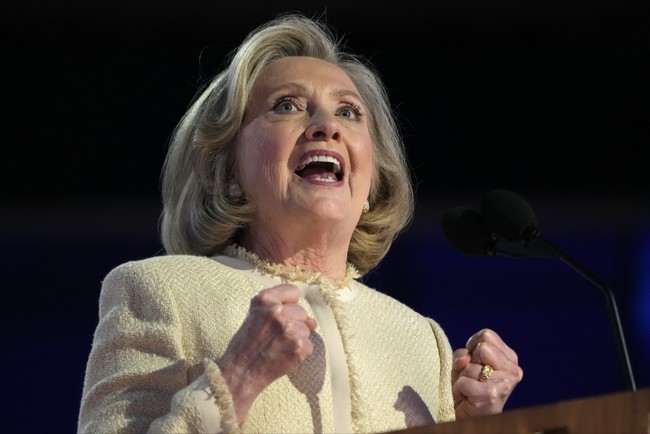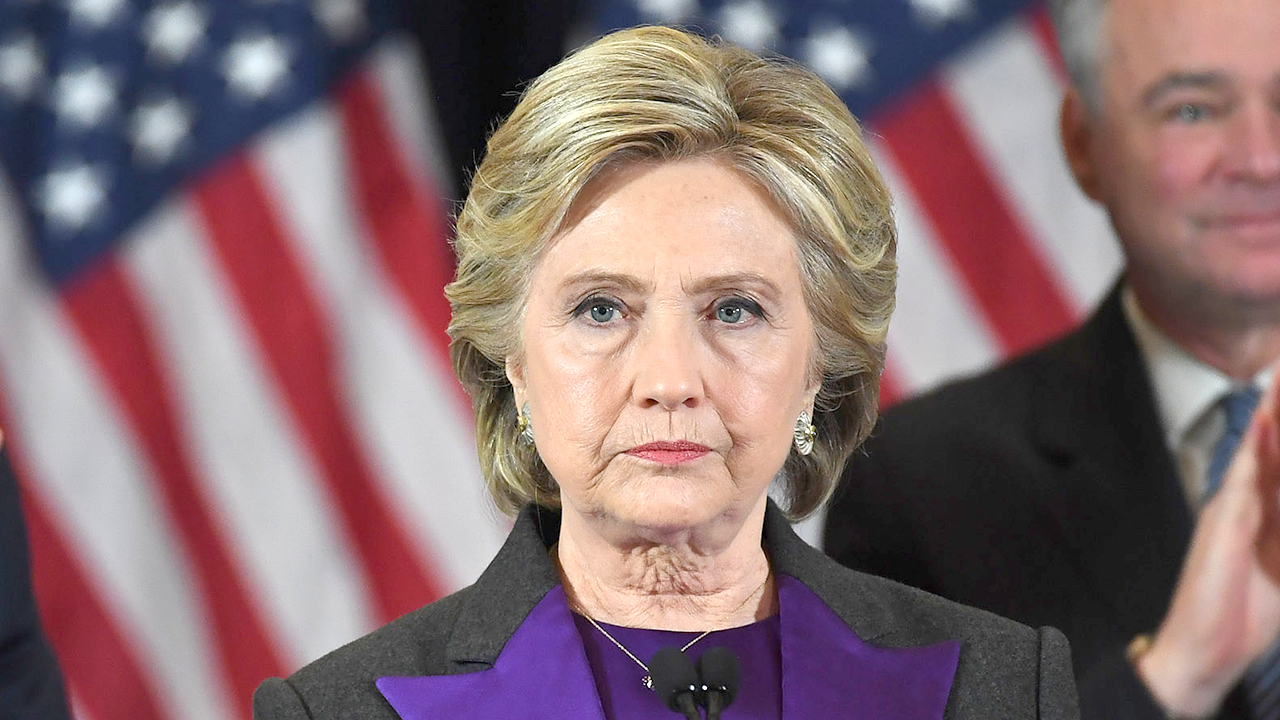The recent release of a Department of Justice report has intensified scrutiny surrounding the FBI's investigation into Hillary Clinton's use of a private email server during her tenure as Secretary of State.
Did You Know
Butterflies taste with their feet.
?
AD
The findings reveal that the FBI, under former Director James Comey, failed to examine crucial thumb drives containing potentially significant evidence, raising serious questions about the thoroughness and integrity of the agency's inquiry. Critics, including key political figures, have labeled the investigation as "sloppy" and lacking in due diligence, ultimately undermining the public's trust in governmental oversight.
This investigation, which began in 2016, concerns allegations of mishandling classified information by Clinton. Declassified documents illustrate how the FBI's failure to fully explore available evidence may have impacted the outcomes of the probe, leaving significant gaps in understanding the implications of her email practices. Critics fear that such oversights represent not only a breach of protocol but also a consequential risk to national security, with potential ramifications for accountability within the nation's law enforcement agencies.
The ongoing fallout from these revelations has reignited intense debates about the motivations that drove the FBI's actions and decisions. While some observers argue that the investigation was politically charged and influenced by external pressures, others contend that these deficiencies highlight a deeper need for reform within the agency. As the public grapples with these newly surfaced details, the conversation surrounding the integrity of FBI investigations and the handling of classified information remains pivotal to the future of trust in American institutions.
Q&A (Auto-generated by AI)
What evidence was overlooked by the FBI?
The FBI overlooked several thumb drives containing hacked State Department data during its investigation into Hillary Clinton's private email server. These drives reportedly included messages linked to former President Obama and other significant information that could have impacted the investigation's findings. The failure to examine this evidence raised questions about the thoroughness and integrity of the FBI's inquiry.
How did Comey's actions impact the investigation?
James Comey, the former FBI Director, faced criticism for his handling of the investigation into Clinton's emails. Declassified documents suggest he may have been influenced by external intelligence reports, leading to decisions that some argue prematurely ended the inquiry. This has led to allegations of a lack of due diligence and thoroughness, potentially affecting public trust in the FBI.
What are the implications of the DOJ's findings?
The DOJ's findings indicate significant shortcomings in the FBI's investigation of Clinton's emails, particularly regarding the failure to review critical evidence. This raises concerns about accountability within federal agencies and could lead to calls for reforms in investigative procedures. Additionally, it may influence public opinion about the fairness of the investigation and the political motivations behind it.
How does this relate to past political scandals?
This situation parallels past political scandals where investigations faced allegations of bias or mishandling, such as Watergate or the Lewinsky scandal. In each case, public trust in governmental institutions was tested. The Clinton email investigation, particularly its perceived mishandling, continues to fuel debates about transparency and accountability in politics.
What role did classified information play?
Classified information was central to the investigation into Clinton's email practices, as she used a private server to handle sensitive communications. The FBI's failure to adequately investigate this aspect raised concerns about national security and the potential risks associated with mishandling classified data. This issue has implications for how classified information is managed by public officials.
















